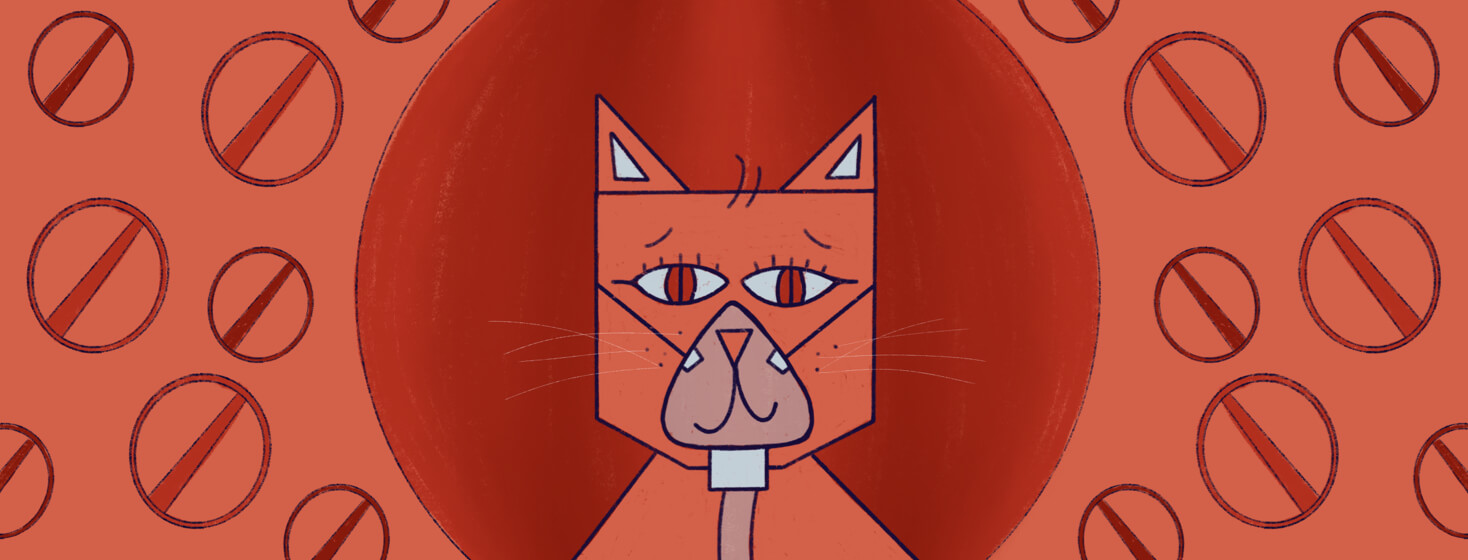What Not to Do With CPAP: Care and Safety Concerns
Thanks to the generosity of folks who’ve used CPAP for years, there are many great tips for new users getting to know and use their machines. Do this, do that… so much great advice!
But sometimes we aren’t told what we should avoid.
This series of three spotlights things that both new—and established—CPAP users should avoid when it comes to using their therapy. They include:
- The Don’ts of CPAP Usage
- The Don’ts of CPAP Cleaning
- The Don’ts of CPAP Care and Safety
This time, we look at The Don’ts of CPAP Care and Safety.
The don’ts of CPAP care and safety
Don't check your CPAP at the airport
A CPAP machine isn’t secure in a checked bag. It could become stolen, lost, or damaged. The airlines request that CPAP users carry on their machines; they won’t count them as a carry-on because CPAP qualifies as a medical device.
Don't share your CPAP therapy with someone else
Sharing medical devices is unsanitary. Your pressurized air setting may be too much or too little for someone else, besides. For the same reason, you should never use someone else’s CPAP.
Don't put your CPAP mask on your pet's face
Animals carry a host of other germs in their mouths that can make your equipment a breeding ground for infection. They won’t like it, besides.
Don't let your humidifier run dry
The heating element that keeps your humidifier warm may become too hot if it’s left to run dry. This can lead to scorching of the furniture where your machine sits or overheating of the machine itself, both leading to a risk for fire. If you don’t like using the humidifier, you can usually turn off this feature. If you don’t know how to turn it off, consult your user’s manual or call your sleep specialist.
Don't try to fix broken CPAP accessories (mask, tubing, humidifying chamber, headgear)
Put away the duct tape! It may work for a temporary fix, but for your safety and to get the best possible therapy, you should replace all items that have torn, cracked, split, stretched out, or leaked.
Don't buy your CPAP from a yard sale or a noncertified online seller
A used machine at a garage sale could be broken, set at the wrong pressure, or contaminated. If you pick up a used machine online, it must come from a certified seller who does professional refurbishing. You’ll know they’re legitimate because they’ll ask you for a doctor’s prescription – in fact, they’ll require it – so they can set your machine for you. All others aren’t likely reliable sellers, nor are they operating legally.
Don't ignore your sleep clinic's phone calls
If your sleep specialist calls or messages you, there are good reasons for it. They might be:
- Delivering news of an equipment recall
- Receiving corrupted or unusual data on their downloads
- Checking on your progress if they notice you haven’t used your CPAP
- Following up on a previous communication you had with them
Communication with your sleep clinic is a big part of any CPAP success story. They’re there to help you.
Don't give up too soon
Some people take longer than others to adjust to using CPAP, but once they do, they’re in it for life with no regrets. Sleep apnea is a lifetime diagnosis, and it requires a lifetime of treatment. If you adjust quickly, that’s great! If you don’t, just keep trying, and ask for help from your sleep specialist if the going gets tough!
Learn more about CPAP
Check out the following 10 selected resources to learn more about best practices for making the most of your CPAP experience.
- Will Insurance Cover My Sleep Apnea Treatment?
- What is CPAP Compliance?
- What to Know About Philips CPAP and Ventilator Recall
- Traveling With Your CPAP
- Plan for Uninterrupted CPAP Usage During a Disaster
- Sleep Apnea in the Mountains
- Dating With Your CPAP
- ‘Sorry, I Can’t Stay Over’ Versus Showing Friends My CPAP for the First Time
- Why You Need to Keep Current With Your Sleep Doctor
- The Best Intentions With CPAP (And When They Don’t Work Out)

Join the conversation